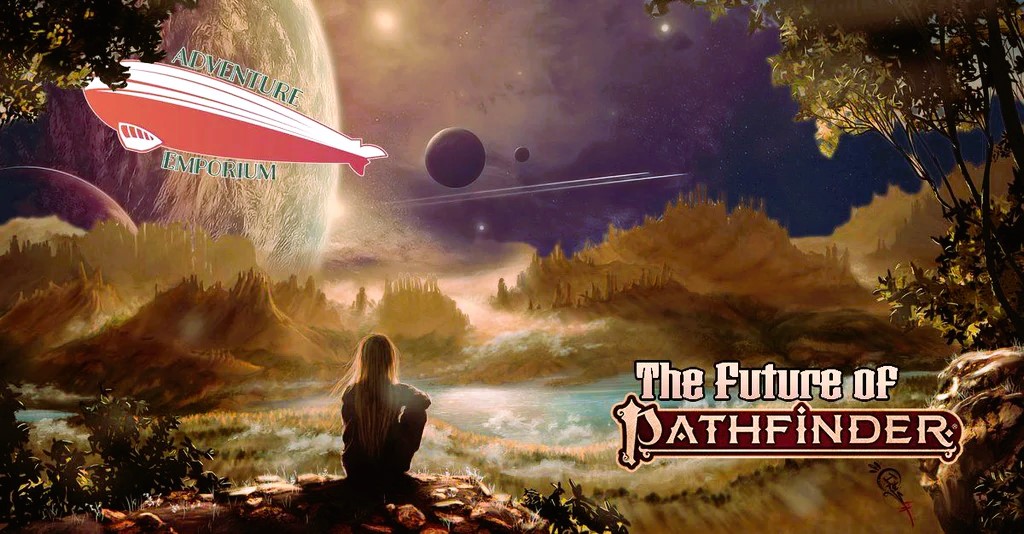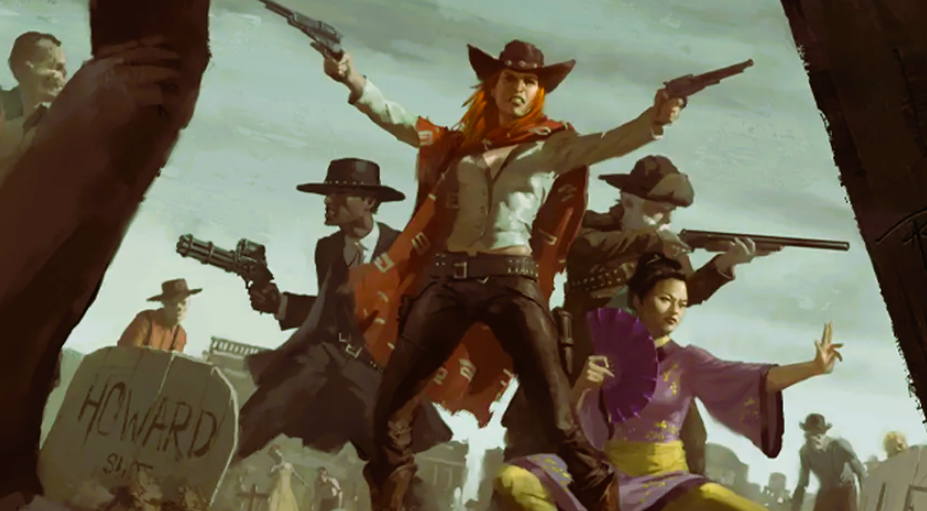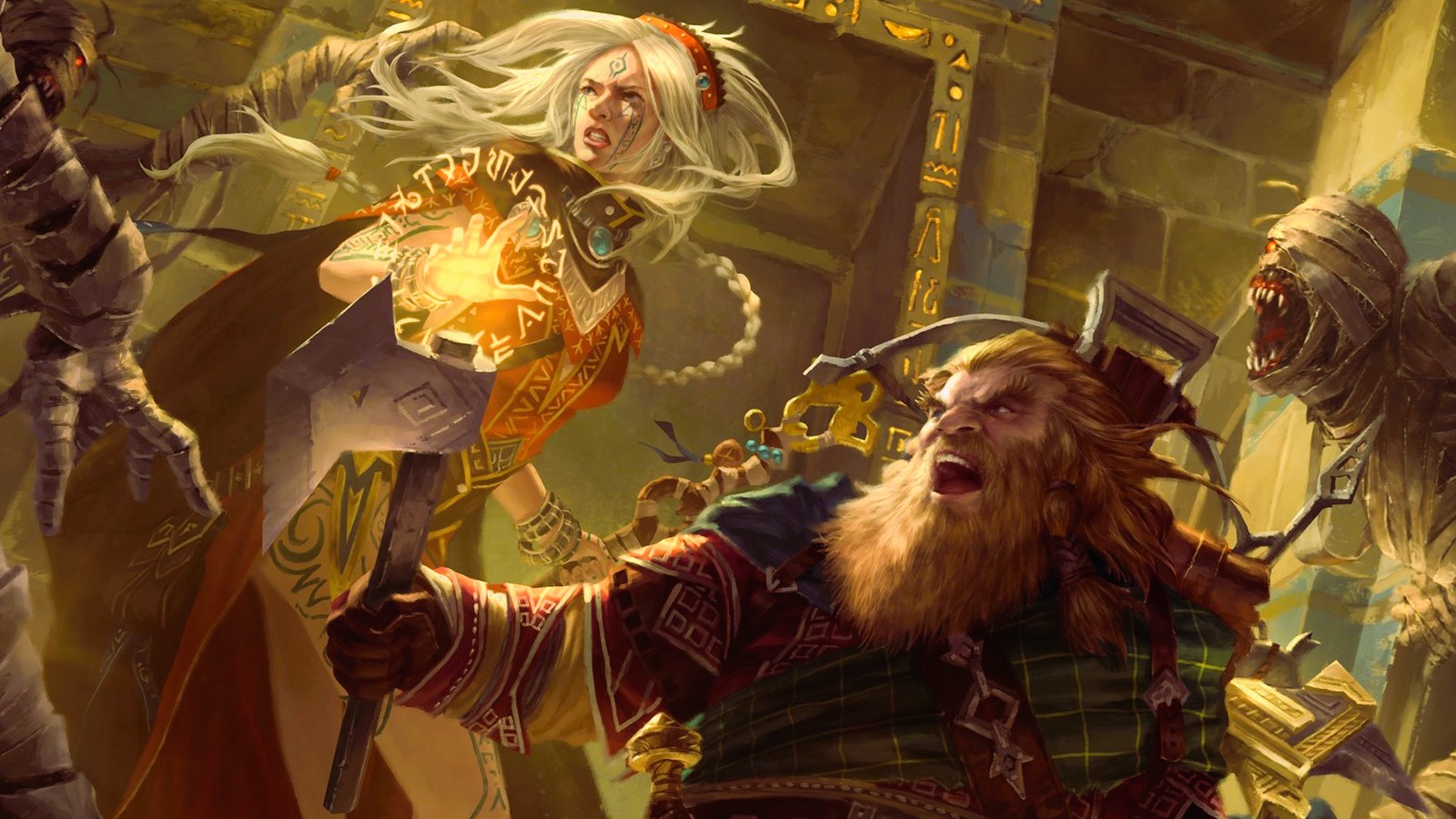Comparison of Different RPG Systems: D&D, Pathfinder, Savage Worlds, and Others
Role-playing games (RPGs) encompass a diverse range of systems, each offering unique mechanics, settings, and gameplay experiences tailored to varying preferences and playstyles. This article provides a comprehensive comparison of some of the most popular RPG systems, including Dungeons & Dragons (D&D), Pathfinder, Savage Worlds, and others, highlighting their key features, thematic focuses, and player dynamics.
Dungeons & Dragons (D&D): A Pillar of Fantasy Role-Playing
Dungeons & Dragons, published by Wizards of the Coast, stands as the quintessential tabletop RPG, renowned for its high fantasy settings, expansive lore, and adaptable gameplay mechanics:
- Setting and Lore: D&D is set in a multiverse of fantastical realms, populated by diverse races, magical creatures, and epic quests. Players embody heroes who undertake daring adventures, battling monsters, uncovering ancient treasures, and unraveling mysteries.
- Gameplay Mechanics: The current edition, 5th Edition (D&D 5e), emphasizes streamlined rules that prioritize narrative storytelling and character development. Players use polyhedral dice to determine outcomes of actions, combat encounters, and skill checks, guided by a Dungeon Master (DM) who serves as the storyteller and arbiter of rules.
Pathfinder: Evolving the Legacy of D&D

Pathfinder, developed by Paizo Publishing, emerged as a spiritual successor to D&D 3.5 Edition, refining and expanding upon its predecessor’s mechanics while introducing new innovations:
- Character Customization: Pathfinder offers extensive options for character creation and customization, including diverse classes, archetypes, feats, and spells. Players can tailor their characters’ abilities to suit specific roles and playstyles within the game world of Golarion.
- Adventure Paths: Pathfinder is known for its Adventure Paths, pre-written campaigns that provide detailed narratives, settings, and challenges for players to explore. These epic story arcs span multiple adventures, offering a cohesive and immersive gaming experience. RPG games based on books and films, see examples of successful adaptations in our article.
Savage Worlds: Fast, Furious, Fun
Savage Worlds, designed by Pinnacle Entertainment Group, distinguishes itself with a versatile and fast-paced system that emphasizes accessibility and cinematic action:
- Core Mechanics: Savage Worlds utilizes a core set of rules known as the “Fast! Furious! Fun!” paradigm, featuring a unified mechanic (based on a standard target number of 4) for resolving actions across various genres and settings. This simplicity allows for quick gameplay resolution and encourages narrative creativity.
- Genre Flexibility: Savage Worlds supports diverse genres, from classic pulp adventures to gritty noir mysteries and supernatural horror. The system’s toolkit approach enables Game Masters and players to adapt rules and settings to fit their preferred thematic elements and storytelling styles.
Other Notable RPG Systems
In addition to D&D, Pathfinder, and Savage Worlds, several other RPG systems have left their mark on the gaming landscape:
- Call of Cthulhu: Known for its Lovecraftian horror themes and investigative gameplay, Call of Cthulhu uses the Basic Role-Playing (BRP) system to immerse players in cosmic terror and eldritch mysteries.
- GURPS (Generic Universal RolePlaying System): GURPS offers a highly customizable system that supports virtually any genre or setting, providing detailed rules for character creation, combat, and world-building.
Comparative Analysis

When comparing these RPG systems, several key factors influence player preferences and gaming experiences:
- Complexity vs. Accessibility: D&D and Pathfinder tend to offer deeper rulesets and character options, appealing to players who enjoy intricate mechanics and detailed customization. Savage Worlds, by contrast, prioritizes simplicity and flexibility, accommodating quick gameplay and diverse genres.
- Narrative vs. Tactical Focus: D&D and Pathfinder emphasize tactical combat, resource management, and dungeon exploration, offering robust frameworks for tactical gameplay and strategic decision-making. Savage Worlds and systems like GURPS and Fate Core lean towards narrative-driven storytelling, encouraging players to focus on character development, plot advancement, and collaborative world-building.
- Setting and Theme: Each RPG system excels in different thematic domains. D&D thrives in high fantasy settings with epic quests and heroic deeds, while Pathfinder explores intricate political intrigue and diverse fantasy cultures. Savage Worlds embraces genre versatility, from gritty westerns to pulp adventures and supernatural mysteries, catering to varied player interests and storytelling preferences.
The comparison of Dungeons & Dragons, Pathfinder, Savage Worlds, and other RPG systems underscores the diverse approaches to role-playing and storytelling within the gaming community. Whether seeking epic fantasy adventures, cinematic action, or cosmic horror mysteries, RPG systems offer rich opportunities for players to immerse themselves in imaginative worlds, forge memorable narratives, and embark on collaborative quests with friends.
For further exploration of RPG systems and their gameplay mechanics, visit Wikipedia for additional insights and resources.

